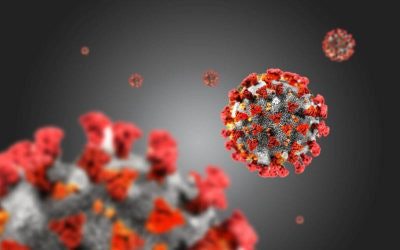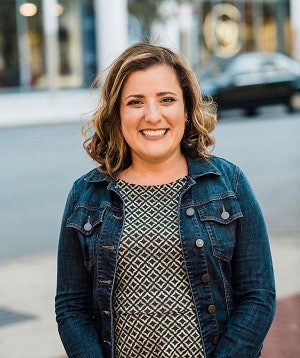Although the pandemic continues to upend higher education, the toll of COVID-19 infections on American college students has remained scarcely understood. But a new study found students with self-reported COVID-19 infections are more likely to face food insecurity, anxiety, and depression, according to The Hope Center for College, Community, and Justice.
From surveying more than 100,000 undergraduates across the country, the study revealed as well that there were higher rates of self-reported COVID-19 infections among student-athletes, students who receive Pell Grants, students of color, and student parents. In response to the findings, the researchers recommend that colleges carefully keep track of which students have contracted the virus.
“Because with classes coming back this year, those are the students who are at higher risk of mental health challenges, as our research shows,” said Japbir Gill, one of the study’s co-authors and a senior research associate at the Hope Center. “To retain and support those students, colleges will have to engage with them more directly.”
Researchers analyzed data from the sixth annual #RealCollege Survey, which was conducted at 202 colleges and universities in 42 states in the fall of 2020. Almost 7% of students said they had been infected with COVID-19, though the report noted this is a likely underestimate.
The study also found that the odds of experiencing anxiety or depression are 1.4 times higher for a student who self-reported COVID-19 infection compared to students who did not. And the odds of facing food insecurity were 1.7 times greater.
Gill added that the still-uncertain effects of long COVID, which for some can include fatigue and difficulty concentrating, are further reasons to watch out for students who have been infected. He suggested some ways campuses can do so this academic year.
 Dr. Sara Goldrick-Rab
Dr. Sara Goldrick-Rab“Professors could put information about health resources on campus in their syllabi,” said Gill. “There can be clear and brief communications to students with details about who to contact if they have symptoms of COVID. And colleges can directly ask students if they have been infected with COVID.”
Such a question may be tough to ask, but Gill noted it might not be as tough for students to answer.
“I understand that it can be an invasive question, yet students have shown in our study that they’re willing to respond. Most students we surveyed said they appreciated the opportunity to share,” Gill said. “Colleges may just want to be cautious about the way they ask and in what arena.”
Dr. Sara Goldrick-Rab, president and founder of The Hope Center, said that the findings are important for the academic year ahead.
“Students are humans first, and their health affects how they do in school,” said Goldrick-Rab. “This virus has put many at an even greater disadvantage. Higher education leaders need to proactively identify students who’ve had COVID and offer them support so they succeed in completing degrees.”
Rebecca Kelliher can be reached at [email protected]



















